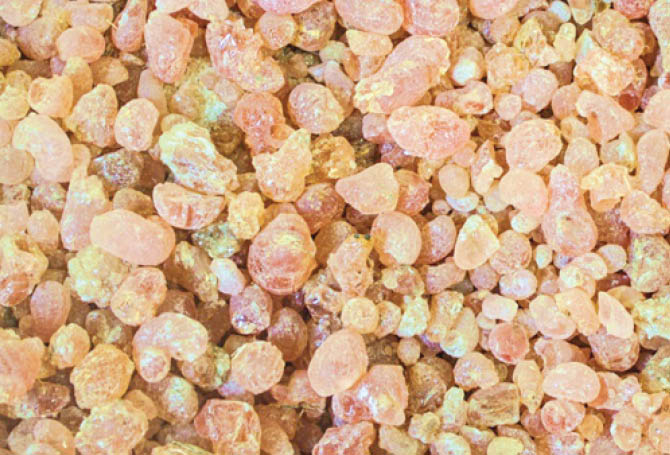Experts are calling on the federal government to immediately address the challenges impeding the country’s performance in the production of gum Arabic for the nation to tap from its global market.
Gum Arabic is a leguminous tree species that is well adapted to Sudan and Sahalian agro-ecology of Africa. Its major product which is also known as gum arabic, Acacia gum, meska, and desert gold of Africa is the dried exudate obtained from stems and branches of plant species in the form of dry, hard nodules.
It has several industrial, social and other uses. It is used in the food and beverages, pharmaceuticals, paper, adhesives, paint and textiles industries.
The experts are of the opinion that the country can become the world leading producer and exporter of the gum Arabic.
As at today, Nigeria is the largest producer of gum Arabic in West Africa. It is also the third largest world producer and exporter after Sudan and Chad.
In 2020, the world exports of processed Gum Arabic exceeded $189m. Top exporters of Gum Arabic in 2020 France – 73 per cent of the world exports ($139m), Germany – 7.89 per cent ($14.9m), Italy – 4.39 per cent ($8.33m), USA – 3.77 per cent ($7.15m) and the Netherlands – 1.61 per cent ($3.05m). This shows the need for African countries to engage more in the exportation of processed Gum Arabic products. This is necessary to boost their foreign exchange generation capacities, more importantly, as Gum Arabic utilization is expanding globally.
The federal government, through the Raw Material Research Development Council (RMRDC), has listed Borno, Yobe, Jigawa, Bauchi, Adamawa, Kebbi, Gombe, Pleateau, Katsina, Zamfara states as the major producers of the Gum Arabic.
The federal government has also approved policies and programmes aimed at promoting the cultivation of Acacia spp from which Gum Arabic is produced.
To this effect, Acacia spp especially Acacia Senegal from which grade I Gum Arabic is produced is one of the eight tree crops considered for the National Accelerated Industrial Crop Production (NAICP) programme. Nigeria exports over 95 per cent of its Gum Arabic in raw form to Europe, Asia and United States, only five per cent is utilized locally.
A retired agriculturist, Emmanuel Joseph, enumerated the major problems militating against optimal production and processing of Gum Arabic in Nigeria to include low market margin and efficiency of production, lack of processing facilities, adulteration of grades which results in poor domestic and international prices and poor marketing information.
Others include inadequate finance and transportation problems as most rural markets are either not motorable or are in bad conditions.
“Currently, Gum Arabic production in Nigeria also faces challenges arising from insecurity in the growing regions, high cost of fencing Gum Arabic plantations to prevent trespass by herdsmen, climate change, pests and diseases infestation,” he said.
To address this challenge, the DG of the RMRDC, said the Council has been in the vanguard of promoting plantation establishment of Gum Arabic in Nigeria. The Council promoted the establishment of 5ha plantation of Gum Arabic in Maiduguri through the provision of improved planting materials to a number of private sector operatives among whom is Alhaji Mohammed Kurama in Maiduguri and the University of Maiduguri, under its plantation establishment of indigenous economic wood species programme.
The Council, through its boosting programme, has distributed plantlets to selected state chapters of the National Association of Gum Arabic Producers, Processors and Exporters (NAGAPPEN) for plantation establishment.
To obtain accurate information on the status of Gum Arabic in Nigeria, the Council organized a national survey on Gum Arabic production and processing in Nigeria. The survey report indicated the need for improved planting materials to enable farmers establish more plantations locally. In view of that, the Council, in collaboration with the National Biotechnology Development Agency (NABDA), produced 6000 drought resistant A. senegal plantlets using meristem tip culture for the expansion of hectares under Gum Arabic production in order to increase the yield and ensure availability of improved planting materials to farmers.
The Council is also providing support for increased value addition and quality assurance with a view to creating market and employment along the value chain by organizing investors on Gum Arabic production and processing locally.

 Join Daily Trust WhatsApp Community For Quick Access To News and Happenings Around You.
Join Daily Trust WhatsApp Community For Quick Access To News and Happenings Around You.


